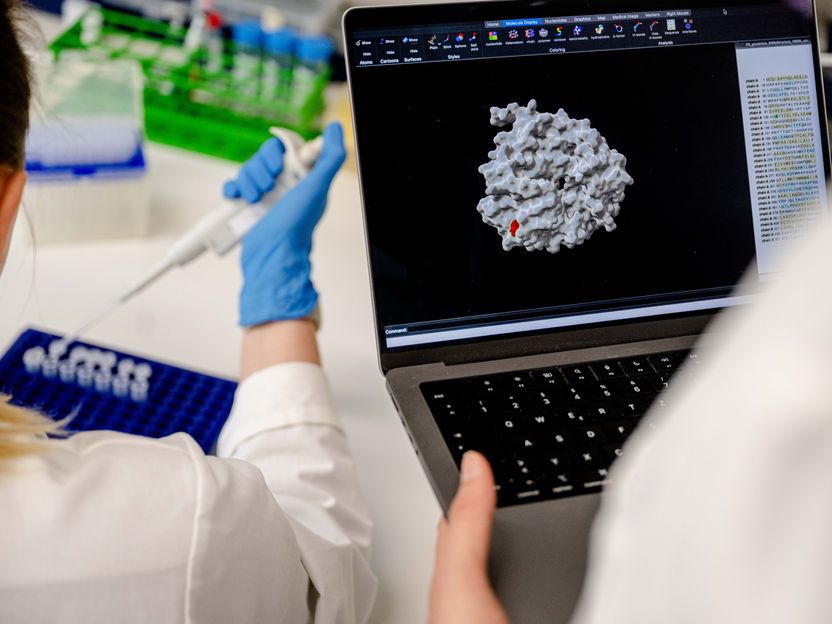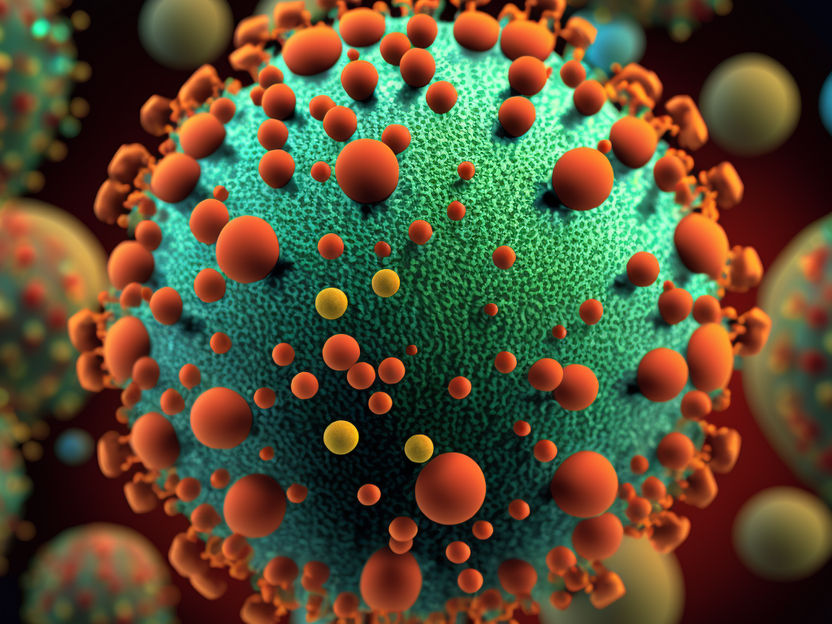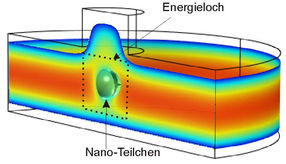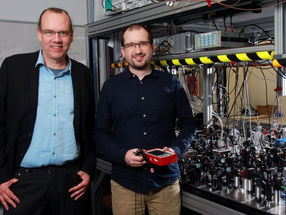Computer simulation of protein malfunction related to Alzheimer's disease
Advertisement
Researchers at Universitat Autònoma de Barcelona (UAB) and University of Stockholm have created a computer modelling of the structural malfunctioning of the ApoE4 protein when it enters into contact with the Amyloid beta molecule, the main cause of Alzheimer's disease. The research, published in PLoS Computational biology, supports experimental evidence that links ApoE4 with this pathology and opens up new exploration possibilities in understanding and fighting against the disease.
The research proposes a three-dimensional model which simulates the interaction between the peptide Amyloid beta and the different forms of Apolipoprotein E (ApoE) and offers a first molecular base for the comprehension of this phenomenon. Three possible ApoE forms exist in humans: ApoE2, ApoE3 and ApoE4. ApoE3 is the most common form, while ApoE4 is very closely linked to Alzheimer's disease.
The project was carried out by five researchers, including Jean-Didier Maréchal and Àlex Perálvarez, lecturers at the UAB Departments of Chemistry and of Biochemistry and Molecular Biology (Centre for Biophysics Studies). Given the difficulty in carrying out in vitro experiments with the peptide Amyloid beta, researchers decided to create a computer simulation to establish the first approximation of the molecular mechanisms which relate it to ApoE4.
The developed model structurally reaffirms the experimental observations which link ApoE4 to this pathology. Researchers have observed that this protein tends to lose its functional structure in presence of the peptide Amyloid beta; this however does not occur with the ApoE2 and ApoE3 forms. According to researchers, these differences are due to subtle divergences between the structures of each form and would explain the different responses of carriers of forms 3 and 4 in the presence of Amyloid beta molecules.
The loss of the structure reveals the possibility of new explorations aimed at better understanding and fighting against Alzheimer's disease. The following stage of the study will consist in experimentally characterising this interaction, which is an essential aspect in the design of future therapies. Researchers also highlight that this project has made even more obvious the need for computer tools in all fields of research and of the new possibilities they represent in improving the study of complex molecular systems.
Original publication: Luo J, Maréchal JD, Wärmländer S, Gräslund A, Perálvarez-Marín A.; "In silico analysis of the apolipoprotein e and the amyloid Beta Peptide interaction: misfolding induced by frustration of the salt bridge network."; PLoS Comput Biol. 2010.
Most read news
Topics
Organizations
Other news from the department science

Get the life science industry in your inbox
By submitting this form you agree that LUMITOS AG will send you the newsletter(s) selected above by email. Your data will not be passed on to third parties. Your data will be stored and processed in accordance with our data protection regulations. LUMITOS may contact you by email for the purpose of advertising or market and opinion surveys. You can revoke your consent at any time without giving reasons to LUMITOS AG, Ernst-Augustin-Str. 2, 12489 Berlin, Germany or by e-mail at revoke@lumitos.com with effect for the future. In addition, each email contains a link to unsubscribe from the corresponding newsletter.
Most read news
More news from our other portals
Last viewed contents
Prosopis_cineraria

Single hepatitis E mutation renders sofosbuvir therapy ineffective - A single mutation stands in the way of a drug's effectiveness. Understanding it helps find new therapeutic approaches
Category:Syndromes
Daiichi Sankyo Completes Ambit’s Acquisition
Andalusian scientists study plant compounds to unmask latent HIV virus






























































